Returning Home: How Ethnic Kazakhs from China Are Rebuilding Their Lives in Almaty’s Akkent District
 Photo: Orda.kz
Photo: Orda.kz
Around 1.6 million Kazakhs live in China. But what about those who have returned to their historical homeland—Kazakhstan?
An Orda.kz correspondent went to Almaty’s Akkent neighborhood, where many ethnic Kazakhs from China have settled, to find out.
A Built-up Area
Akkent is located in the Alatau district, home to more than 260,000 residents.
New residential complexes dominate the area, and several more are still under construction, set to welcome newcomers as early as next year.


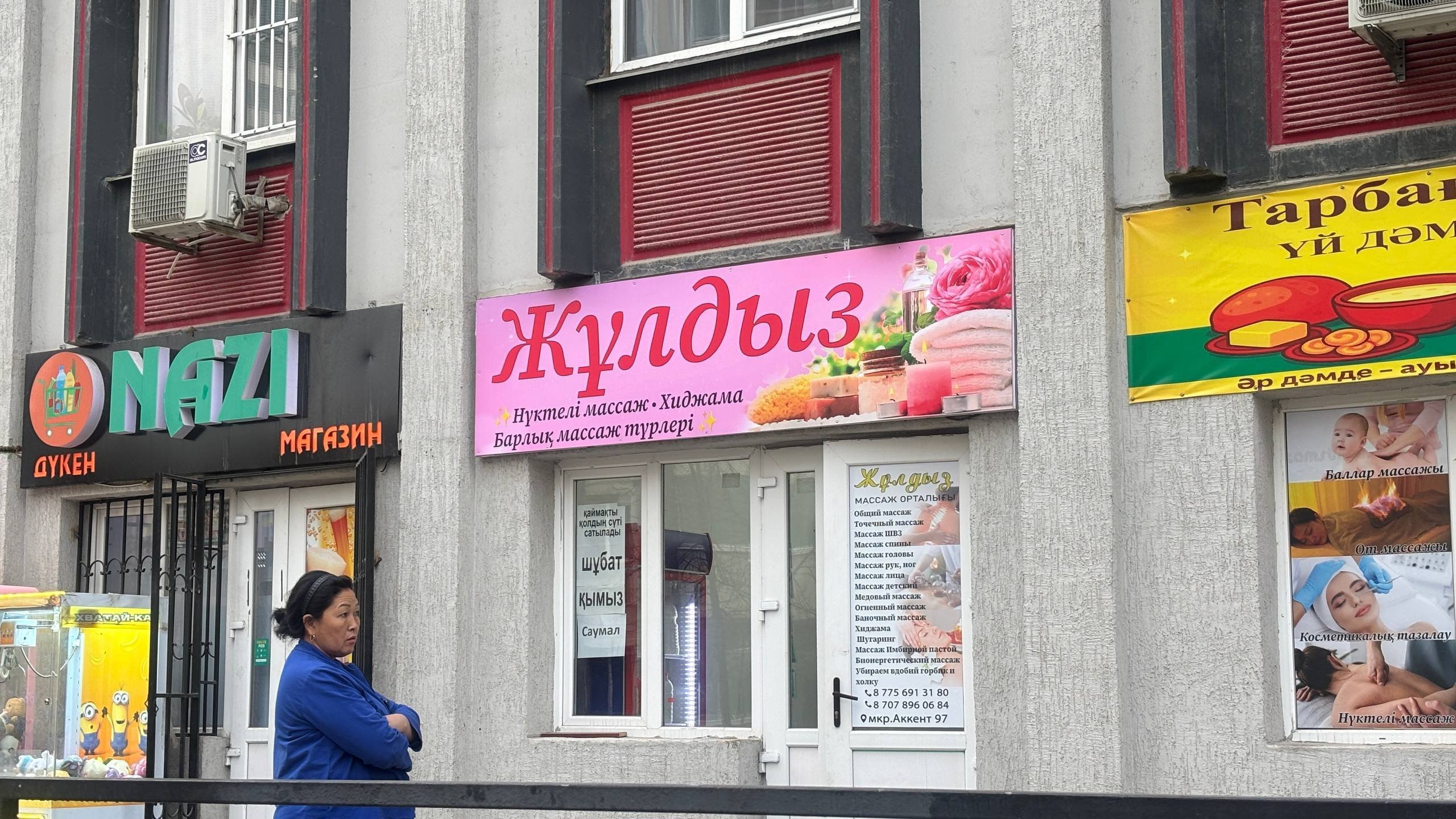

The roads and sidewalks are neatly maintained.
Cars with blue Chinese license plates are a common sight — blue plates in China indicate gasoline-powered vehicles, while electric cars use green ones.
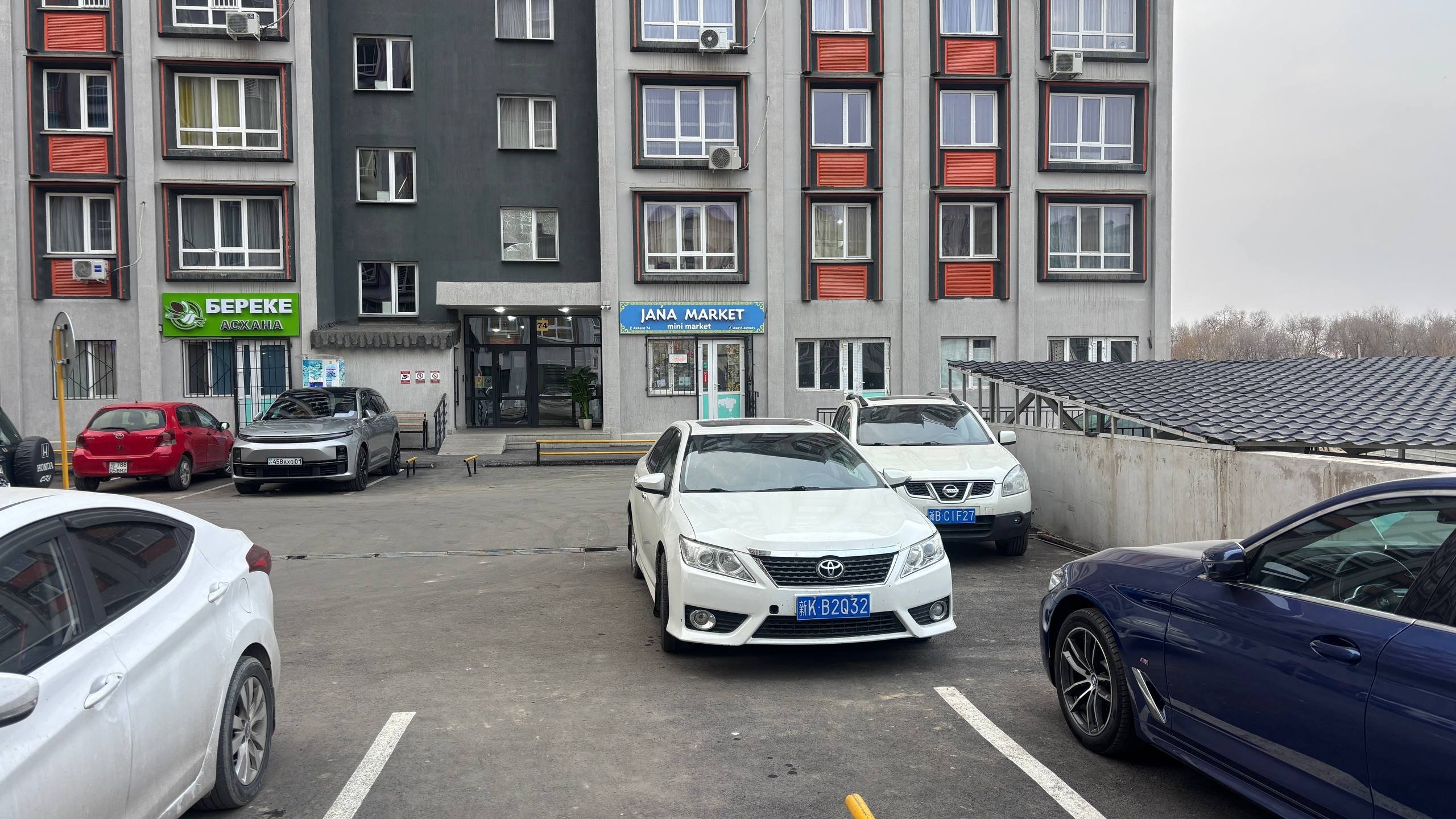
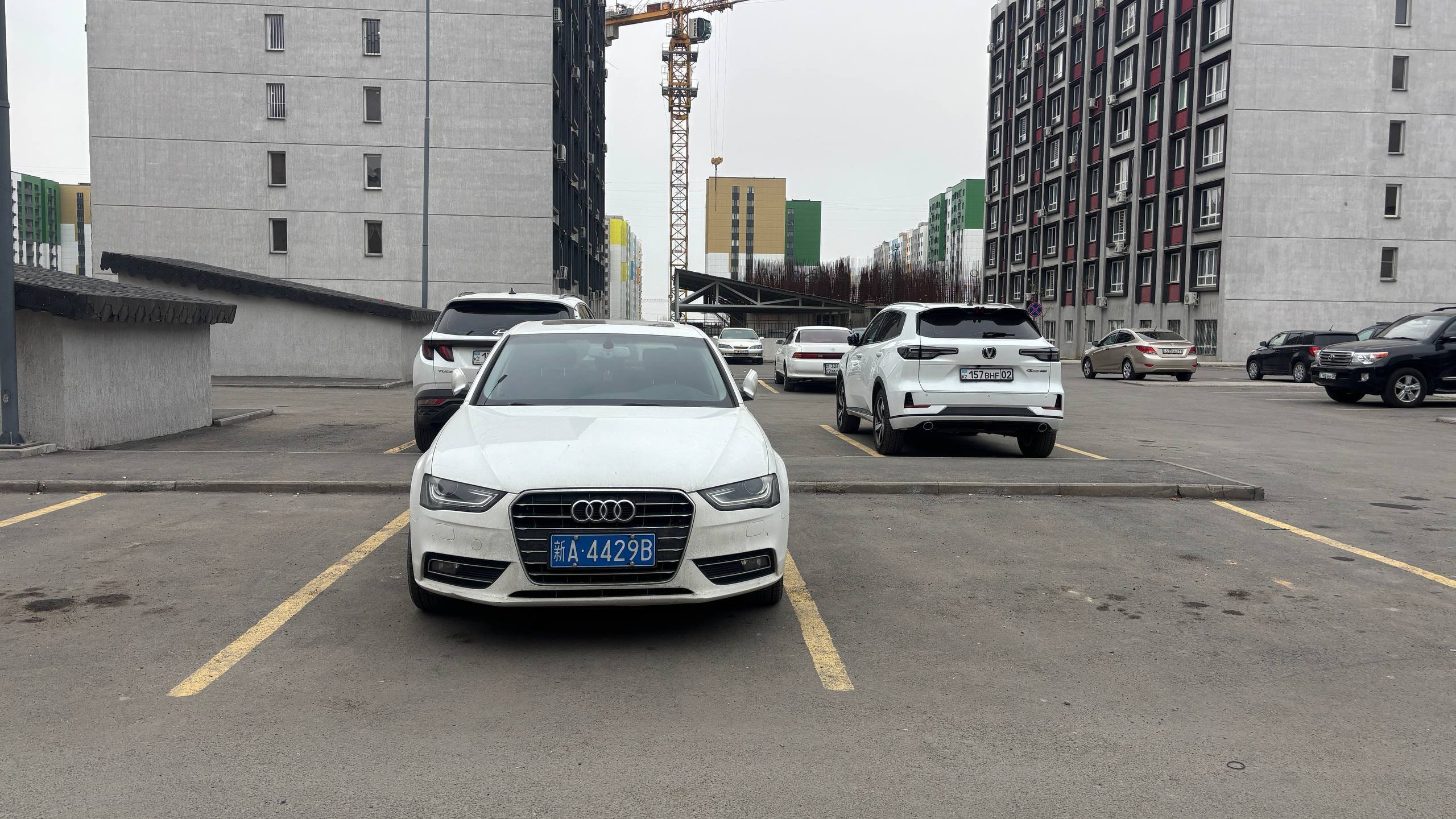
A Chinese Store in Akkent
Inside a small shop selling Chinese goods, shelves are stocked with instant noodles, seasonings, snacks, sweet drinks, and candies labeled in Chinese.
The shopkeeper, Yerzat, originally from Tarbagatay (Xinjiang), has lived in Kazakhstan for ten years and received citizenship long ago. He settled in Akkent five years back, choosing the neighborhood for his children.
His main complaint is weak mobile service.

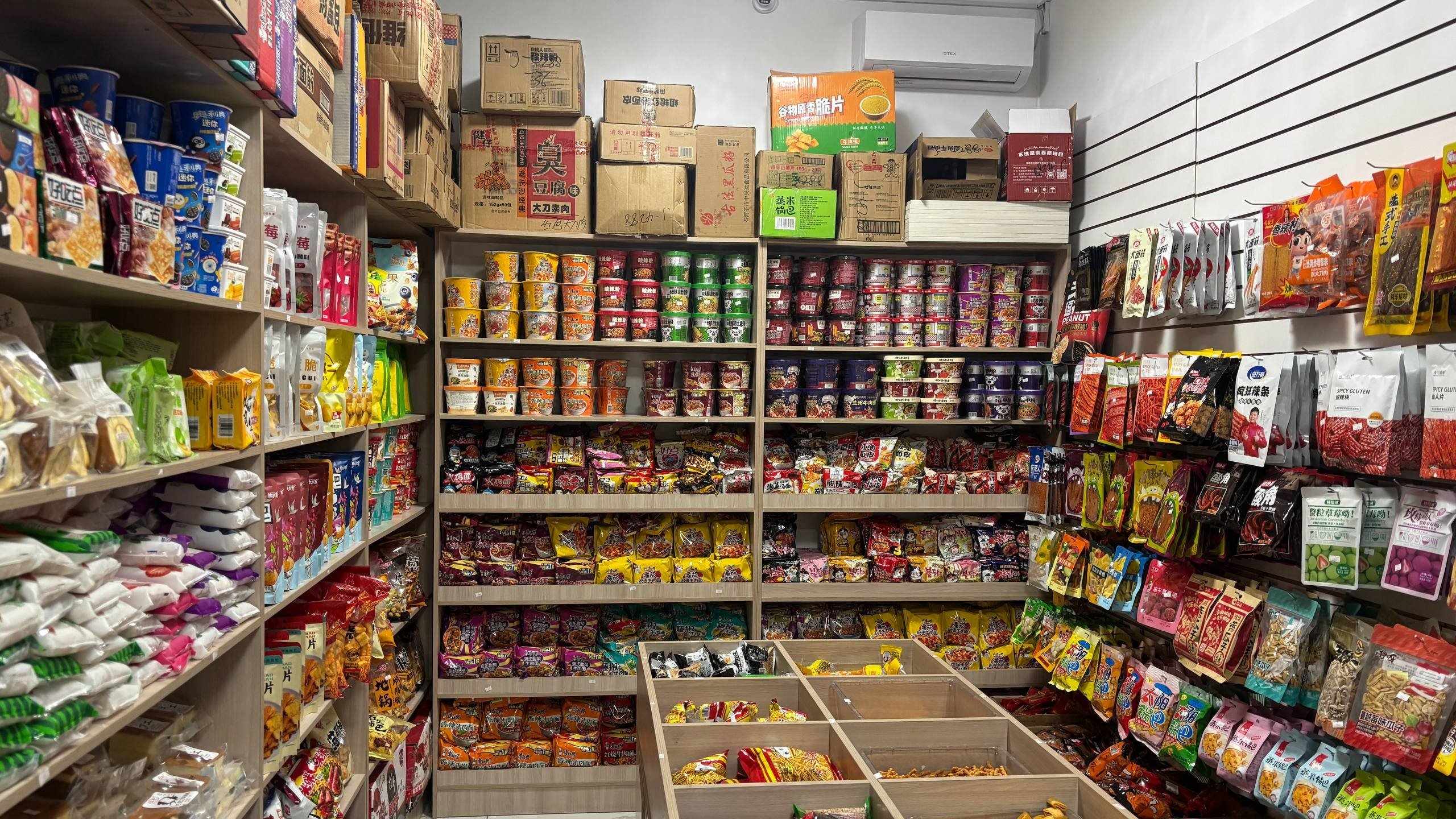
Most customers are ethnic Kazakhs from China; locals stop by less often.
Retail, however, is not Yerzat’s only income source:
I also work for a Chinese company that produces butter. We’re gradually expanding into the Russian market. We get raw materials in Kazakhstan and Russia, and production is located here. Right now we’re not shipping goods to China — we’re storing everything in Almaty. Given the current situation, Kazakhstan is a better place for business than Russia, considering the war.
The Elders of Akkent
Three older men — Baizhuma, Zhenis, and Bakytzhan — moved to Akkent two or three years ago from the Ili Kazakh Autonomous Prefecture, where they worked in forestry before retirement.
Baizhuma-ata explained that his son, Daulet, has lived in Kazakhstan for over twenty years and recently brought his father to join him. The men like the neighborhood but say they are missing a few small amenities — tables in the courtyard for playing cards or chess.
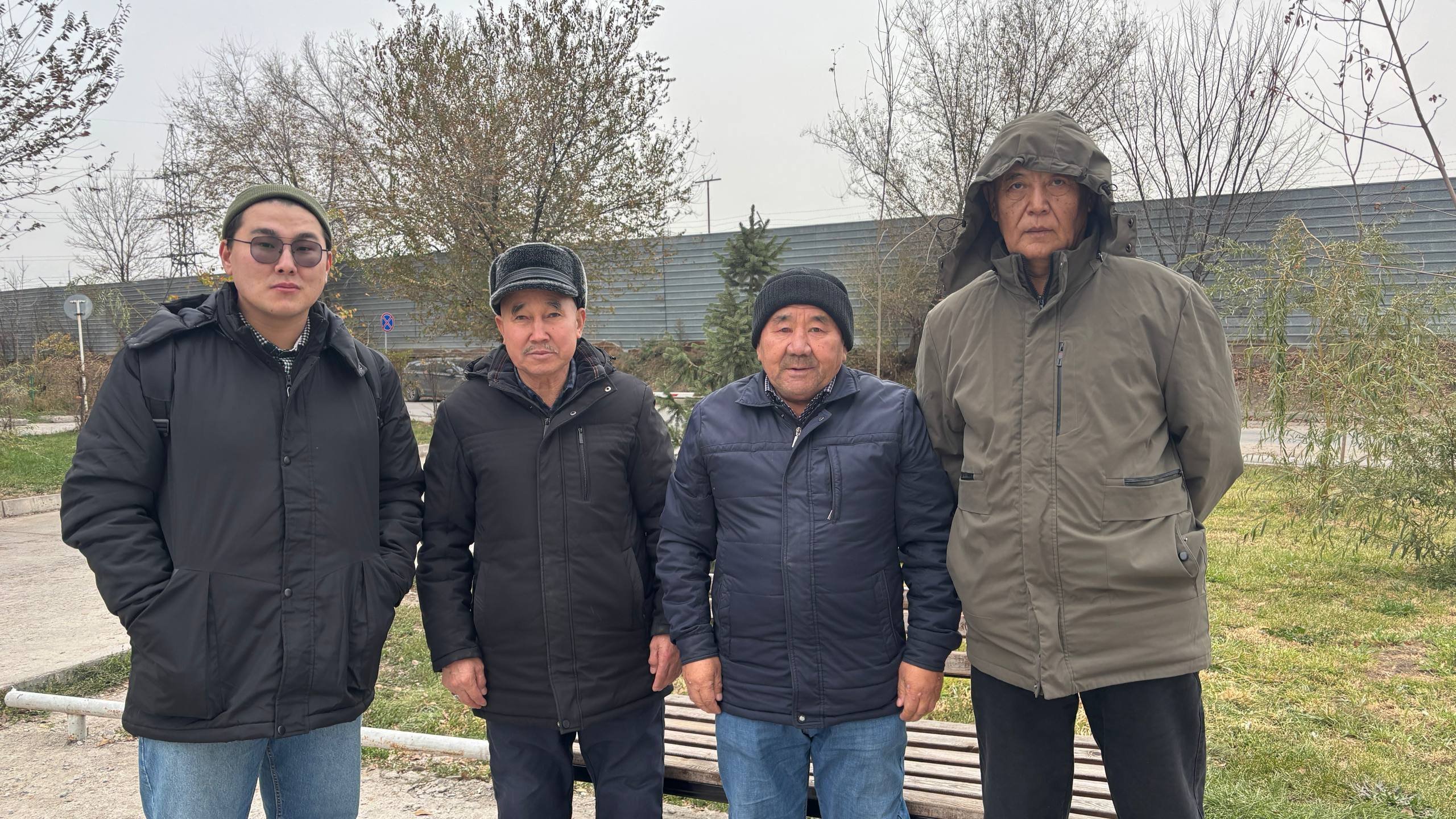
We moved here hoping for a better future for our children and the next generation. We’ve already lived our lives and are raising our grandchildren now — we’re over 60. If young people want to study abroad, why not? If they crave knowledge, let them try. But we still want them to contribute to Kazakhstan. The main thing is that they are educated and literate.
Business, Food, and Identity
Eastern cuisine is in high demand in Akkent. At lunchtime, Mei Mei Food—a Xinjiang-style cafeteria run by entrepreneur Talgar — is packed.
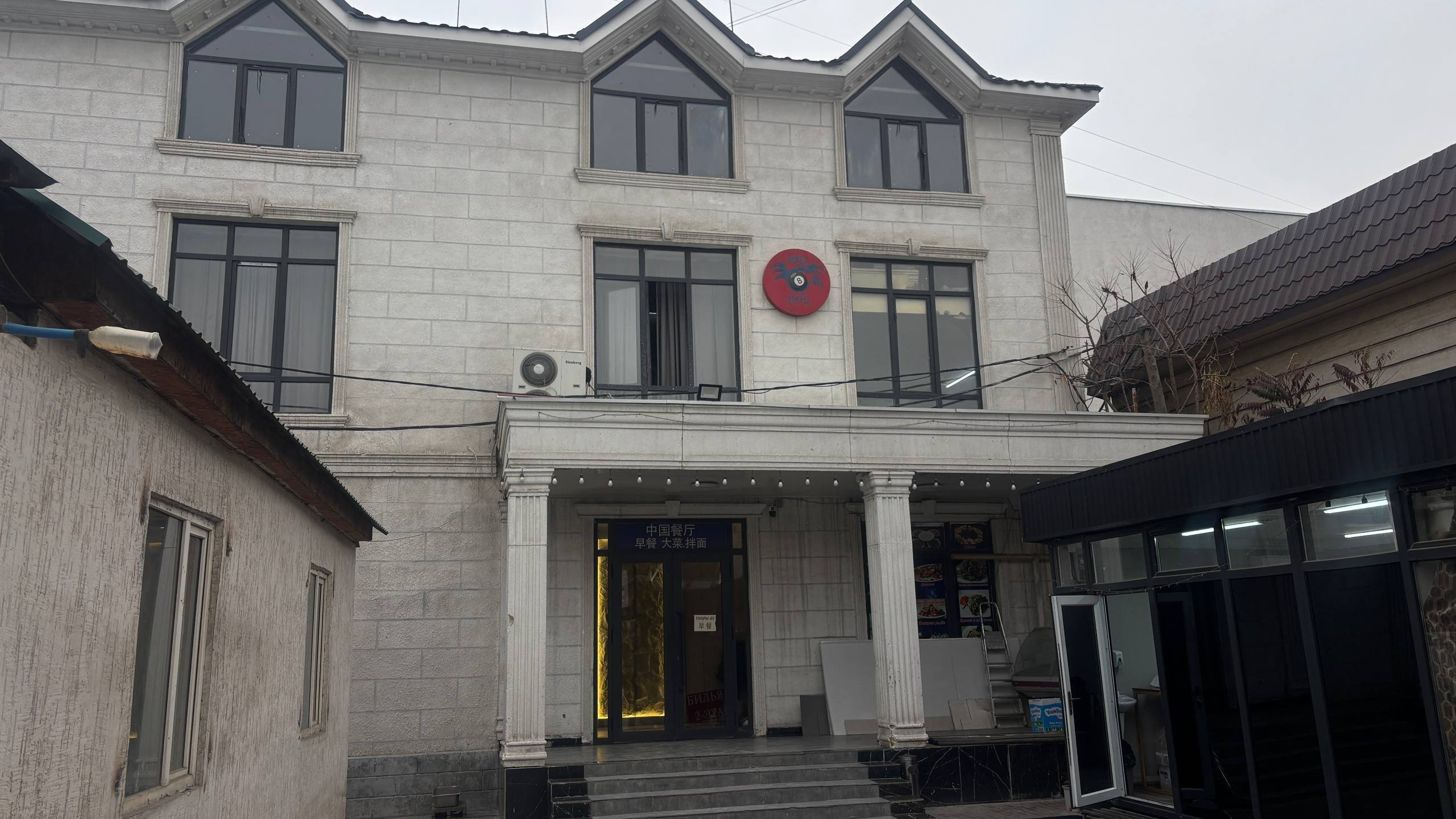
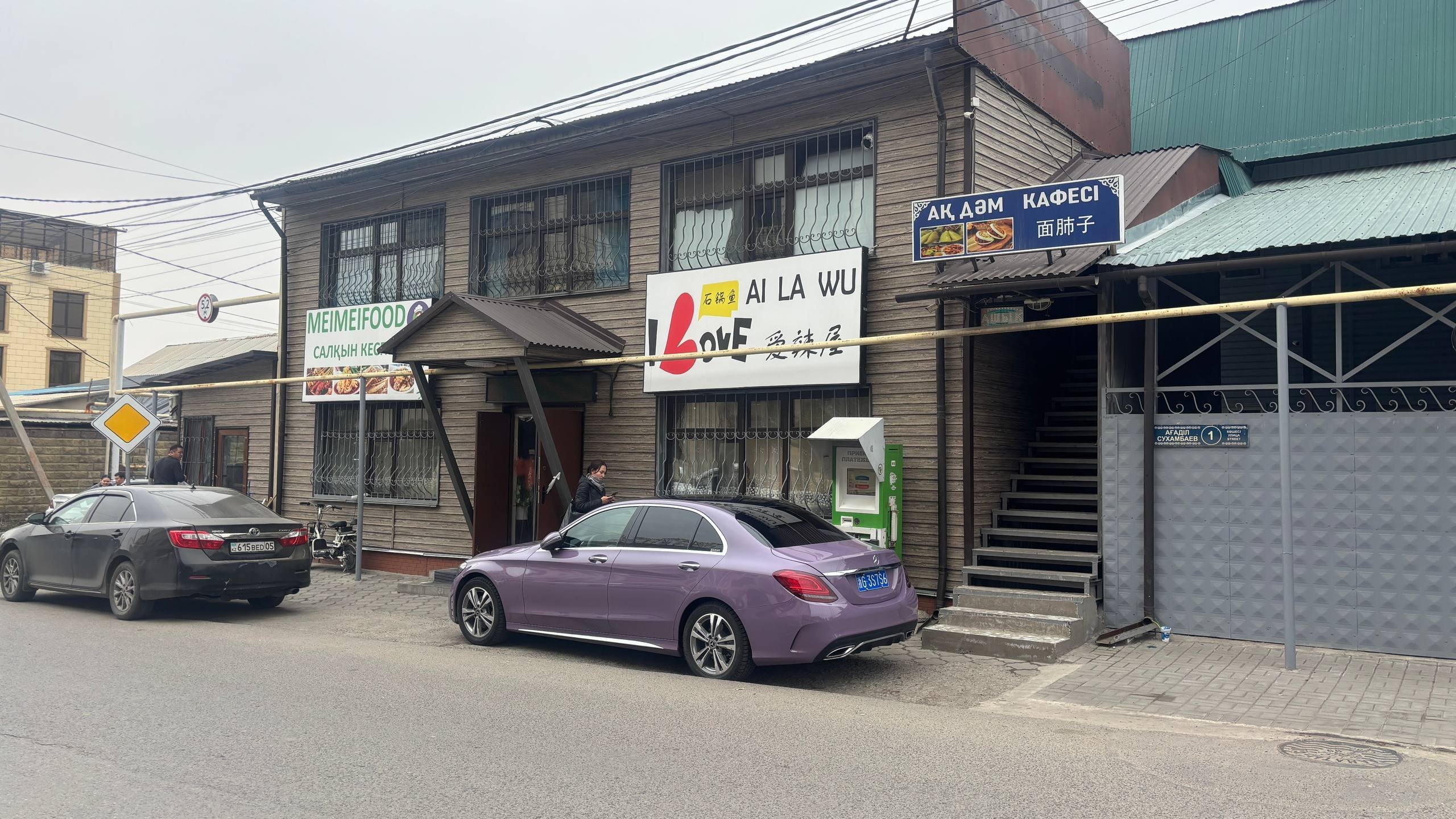
Talgar moved from Kunes County in the Ili-Kazakh Autonomous Prefecture and has lived in Akkent for five years.
His wife, her sisters, and in-laws help run the family business. According to him, both qandas (term referring to resettled ethnic Kazakhs - Ed.) and other local residents eat there. But his main motivation for leaving China wasn’t business — it was culture and identity.
He has three children, all studying in a Kazakh school.
We left China because we managed to get a Kazakh education ourselves. But after our generation, Kazakh schools almost disappeared — everyone now studies in Chinese. And if you study only in that language, you gradually ‘become Chinese,’ forgetting roots and identity. We returned so our children could preserve the language and culture, and so we could develop our business in our homeland,
he said.

A Neighborhood Relearning Home
Leaving Akkent, it becomes clear that this is not just another cluster of new buildings on the outskirts of Almaty.
It is a place where thousands of people are learning to live again on their ancestral land — preserving their traditions while slowly becoming part of a larger community.
Original Author: Nurtore Jumaghyl
Latest news
- Semey Teen Convicted Over Telegram Chat Targeting Foreign Students
- Gender Equality Index 2025: Is Kazakhstan Leading in the Region?
- UNICEF Highlights Children’s Digital Rights in Draft Constitution of Kazakhstan
- Kazakhstani Journalists Returning From Ukraine Detained at Astana Airport
- Kazakhstan Prosecutor Opposes Deportation of 16-Year-Old Russian Teen
- Russian TV Channels Taken Off Air in Kazakhstan
- Mistaken Claim? Kazakhstan Denies $1B Contribution to the Board of Peace
- How many Kazakhstanis remain in the Middle East — MFA
- Kazhydromet Warns of High Flood Risk in Five Regions in 2026
- MP Calls for Prosecutor Review of Kazakhstanis’ Dubai Property
- Kazakhstan Moves to Legalize Private Detective Work
- Kazakhstan to Extend Gas Export Ban for Six More Months
- Majilis MP Calls to Soften Liability for Kazakhstanis Drawn into Foreign Wars for Pay
- The Delivery of 51 Stadler Passenger Coaches Has Been Delayed
- Kazakhstan Returns Nearly 1,000 Citizens From the Middle East
- Damaged Baikonur Launch Pad Facility Restored After 2025 Collapse
- A Rare Black Melanist Wolf Was Shot in Eastern Kazakhstan
- Kazakhstan Maintains Neutral Stance on Middle East Escalation
- Kazakh MFA: Citizens Evacuated from the Middle East via Oman and Saudi Arabia
- Kazakhstan to Spend 4.6 Trillion Tenge on Road Projects Through 2029

